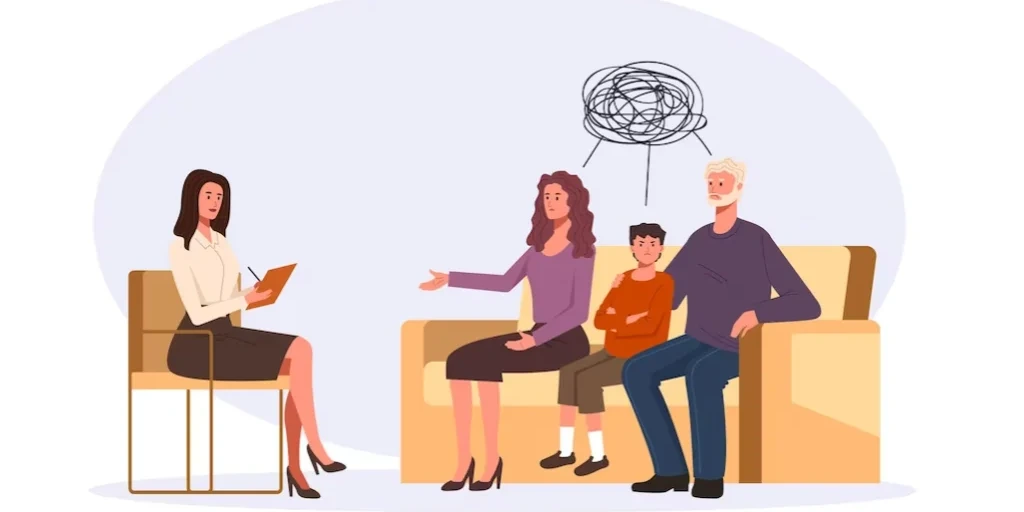24/7 Helpline:
(866) 899-111424/7 Helpline:
(866) 899-1114
Learn more about Eating Disorder Treatment centers in Offutt A F B

Other Insurance Options

ComPsych

Horizon Healthcare Service

BlueCross

MVP Healthcare

Choice Care Network

Covered California

Coventry Health Care

Self-pay options

Health Choice

Oxford

American Behavioral

AllWell

Kaiser Permanente

Magellan Health

Excellus

Multiplan

Molina Healthcare

Humana

Anthem

Meritain

CHI Health Psychiatric Associates
CHI Health Psychiatric Associates is a private rehab located in Papillion, Nebraska. CHI Health Psyc...





























































Heartland Family Service
Heartland Family Service is a private rehab located in Papillion, Nebraska. Heartland Family Service...

ABH Addiction and Behavioral Health Services
ABH Addiction and Behavioral Health Services is a private rehab located in La Vista, Nebraska. ABH A...
















